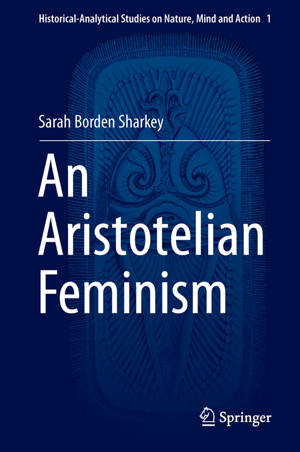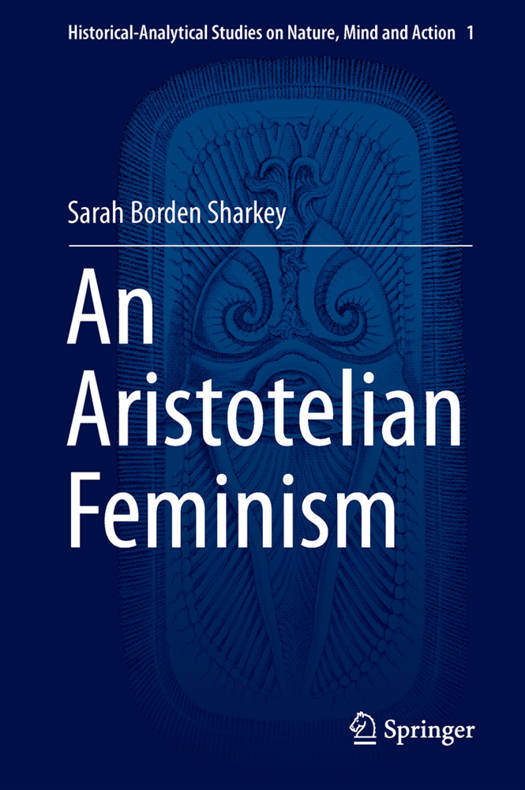
- Retrait gratuit dans votre magasin Club
- 7.000.000 titres dans notre catalogue
- Payer en toute sécurité
- Toujours un magasin près de chez vous
- Retrait gratuit dans votre magasin Club
- 7.000.0000 titres dans notre catalogue
- Payer en toute sécurité
- Toujours un magasin près de chez vous
Description
This book articulates the theoretical outlines of a feminism developed from Aristotle's metaphysics, making a new contribution to feminist theory. Readers will discover why Aristotle was not a feminist and how he might have become one, through an investigation of Aristotle and Aristotelian tradition. The author shows how Aristotle's metaphysics can be used to articulate a particularly subtle and theoretically powerful understanding of gender that may offer a highly useful tool for distinctively feminist arguments.
This work builds on Martha Nussbaum's 'capabilities approach' in a more explicitly and thoroughly hylomorphist way. The author shows how Aristotle's hylomorphic model, developed to run between the extremes of Platonic dualism and Democritean atomism, can similarly be used today to articulate a view of gender that takes bodily differences seriously without reducing gender to biological determinations.
Although written for theorists, this scholarly yet accessible book can be used to address more practical issues and the final chapter explores women in universities as one example. This book will appeal to both feminists with limited familiarity with Aristotle's philosophy, and scholars of Aristotle with limited familiarity with feminism.
Spécifications
Parties prenantes
- Auteur(s) :
- Editeur:
Contenu
- Nombre de pages :
- 167
- Langue:
- Anglais
- Collection :
- Tome:
- n° 1
Caractéristiques
- EAN:
- 9783319298467
- Date de parution :
- 11-08-16
- Format:
- Livre relié
- Format numérique:
- Genaaid
- Dimensions :
- 156 mm x 234 mm
- Poids :
- 435 g

Les avis
Nous publions uniquement les avis qui respectent les conditions requises. Consultez nos conditions pour les avis.






